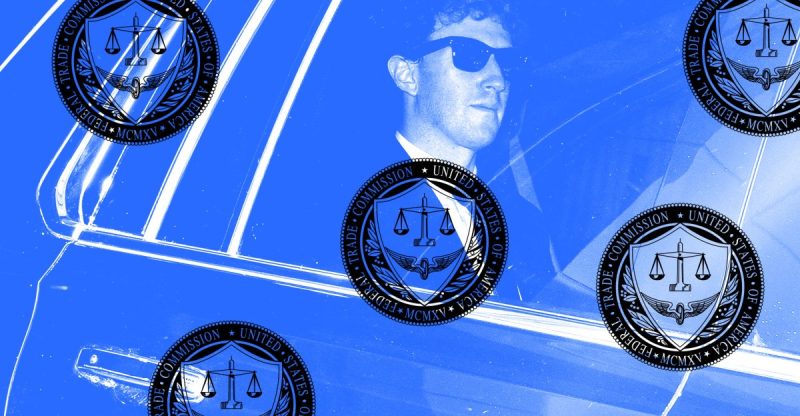
The ongoing FTC antitrust trial against Meta has unearthed a simmering tension between Silicon Valley giants and the press that covers them. Meta’s lead attorney, Mark Hansen, engaged in a heated exchange during the cross-examination of the FTC’s economic expert, Scott Hemphill. Hansen’s line of questioning took a surprising turn, targeting the credibility of two prominent tech journalists: Kara Swisher and Om Malik.
Hansen referenced a 2019 pitch deck advocating for an antitrust probe of Meta, a document that cited Swisher and Malik’s reporting as evidence of Meta’s aggressive acquisition strategy. He dismissed Malik as a ‘failed blogger’ and criticized Swisher’s past commentary on Mark Zuckerberg, highlighting a headline calling Zuckerberg a “small little creature with a shriveled soul.” The tactic seemed designed to undermine Hemphill’s testimony by associating him with journalists perceived as having anti-Meta biases.
This wasn’t the first time Meta has used such a strategy. During testimony about past scandals like Cambridge Analytica, Meta executives attributed negative user sentiment to negative press coverage, arguing that their services hadn’t seen comparable drops in engagement. The FTC, however, counters that this resilience is a hallmark of monopoly power, a claim a judge will ultimately decide.
The incident highlights a long-standing friction between tech companies and the media. While early Silicon Valley enjoyed relatively positive press, the rise of powerful platforms like Meta has brought increased scrutiny and criticism. Both Swisher and Malik have been vocal critics of Meta and its leadership in the past, highlighting instances such as Zuckerberg’s defense of Holocaust deniers on the platform and Malik’s critique of Facebook’s free app initiatives in India.
The courtroom clash serves as a public display of Meta’s frustration with critical press coverage. It remains to be seen how this public spat will impact the ongoing antitrust case, but it undoubtedly underscores the complex and often adversarial relationship between Silicon Valley and its journalistic watchdogs.










